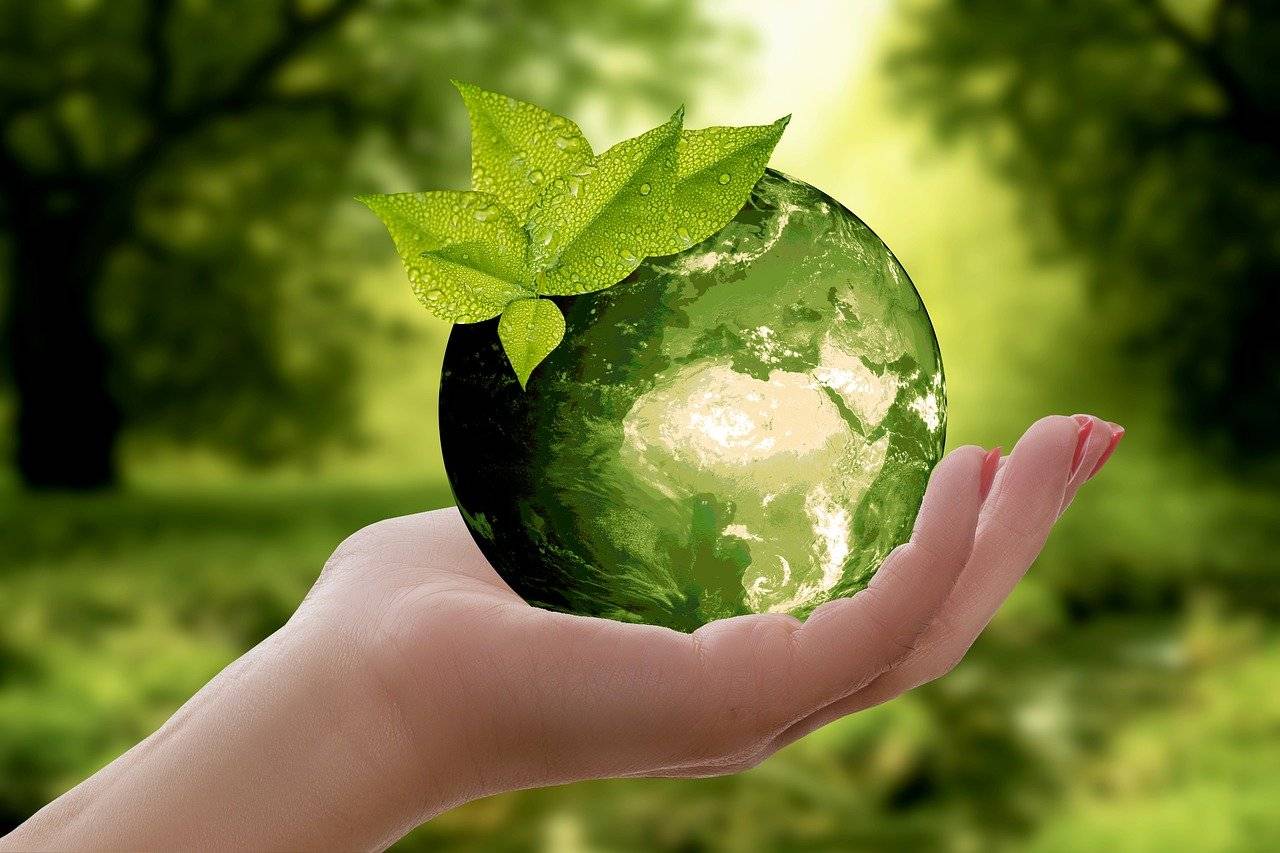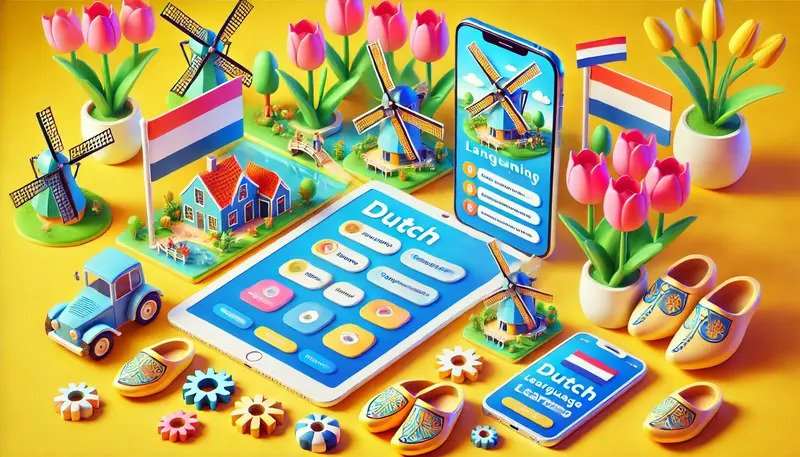Teaching Kids to Recycle

Children are one of our most incredible resources for helping the planet in many ways. They are nearly blank slates and have no preconceived notions of science, global warming, environmental danger, or the damage that single-use products can do. However, this is not a bad thing. Since they are not biased about what works and what doesn’t, we can teach them young to care about and preserve the environment. Teaching them to recycle does not need to be complicated, but it does need to be thorough. Separating trash and reusing seemingly single-use items is confusing if kids do not have a purpose Let’s take a look at some steps to help children learn to recycle with the help of a company called BetterCleans who specialize in house cleaning in Milwaukee.
Teach Them What Recycling Means
Children need to understand more than just how to recycle. They need to understand that recycling is the act of using their products and then sending them to be melted, ground, or shredded to be made into new items. They also need to understand that soiled products cannot be recycled. Pizza boxes with cheese shouldn’t be put into the recycling bin. However, some things can be turned into other objects through upcycling. Understanding the process will help children remember what can and cannot be recycled.
Teach Them How to Sort
Paper, plastics, and cans have different rules for recycling. For example, grocery bags cannot usually be recycled with other plastics, so they either have to be recycled in different programs or reused in unique ways. Some grocers will take bags that shoppers received in previous orders. They recycle them, and they reuse them.
Sorting cans can sometimes be important too. Aluminum cans from soft drinks can generally be recycled with little preparation by the consumer. However, they can help rinse or clean food containers and cans. You can also show them how to find the number on plastic bags, make sure that fasteners are removed from papers, and that envelopes do not have plastic windows.
Make It a Game
Make games and fun activities for children to learn about recycling and get excited about this new activity. Make relays to sort into appropriate bins. Create races to see who can get the most things in the recycling bin in one minute. You can do several things that make recycling fun in the minute, but you can also make long term games too. See who can recycle the most trash in a week or who can make the most creative thing out of non-recyclable materials.
Make Posters
Let your children make posters reminding them how to recycle and what can be recycled. Even if the pictures are not perfect, they can help your child remember what they need to do. Making posters can also include “upcycling” the materials to remind your children what can and cannot be recycled and what needs to be done to prepare them.
Create Separate Bins
Help your children color code or create separate bins for separating the materials. Children need to have a hand in this endeavor to make it real for them. Children who have a stake tend to take it more seriously.
Craft Time
Let your children find things they would otherwise be throwing in the trash. Let them see if they can turn it into something else. Decorate a Christmas ornament from a broken necklace. Create a collage out of small toys that are broken or no longer used. Turn marbles into a shaker. Whatever they do, let them be creative and visualize their preferred uses for things. You might be surprised at how awesome it turns out.
Trash Collection
Encourage your children to collect trash (supervised, of course) and separate the trash from the recyclables. You will undoubtedly want to keep them safe by providing gloves, trash bags, hand sanitizer, or other cleaning materials.
Recycle Dinner
When you teach your kids about recycling their paper, plastics, and aluminum, you may also consider teaching them about composting. Composting recycles scraps of vegetation and yard waste. Children can watch the materials break down over time, and new vegetables grow that have been fertilized with their compost. They can see the entire life cycle of a zucchini this way.
Take a Field Trip
Some things, like batteries and electronics, can only be recycled at certain times or places. Electronics recycling days are held countrywide throughout the year. Find an electronics recycling facility or dedicated day and show your children how to responsibly recycle their old toys.
Before and After Pictures
Combine trash and recyclables (you can keep them separated in bags and just pile them together, and then take out the recyclables. Let your children see how much trash you create after recycling food and consumer products. Let them take a picture before and after to see how much less trash there is when you recycle. It’s concrete evidence that they are doing something helpful.
Take Another Field Trip
Go to the landfill. Let children see how much waste that people in their communities are producing. Point out recyclable material that does not have to be there. Concrete evidence of what they are being taught can be more beneficial than just words and videos.
One More Field Trip
Go to a regular recycling center if you can. See if you can schedule a tour to talk to one of the experts to learn what happens to the materials that they recycle. You can watch a YouTube video, but it sometimes helps for them to see what is happening in their own neighborhoods.
Final Thoughts
Many children are concrete learners. Let them see the value of recycling and give them a role to play. Children who understand their role and how important it is are often less resistant to learning their new task. If it seems too much like boring learning, it may not be well-received either, but if you make it fun and take trips to local places to learn about the importance of recycling, you can often reach a resistant child.


